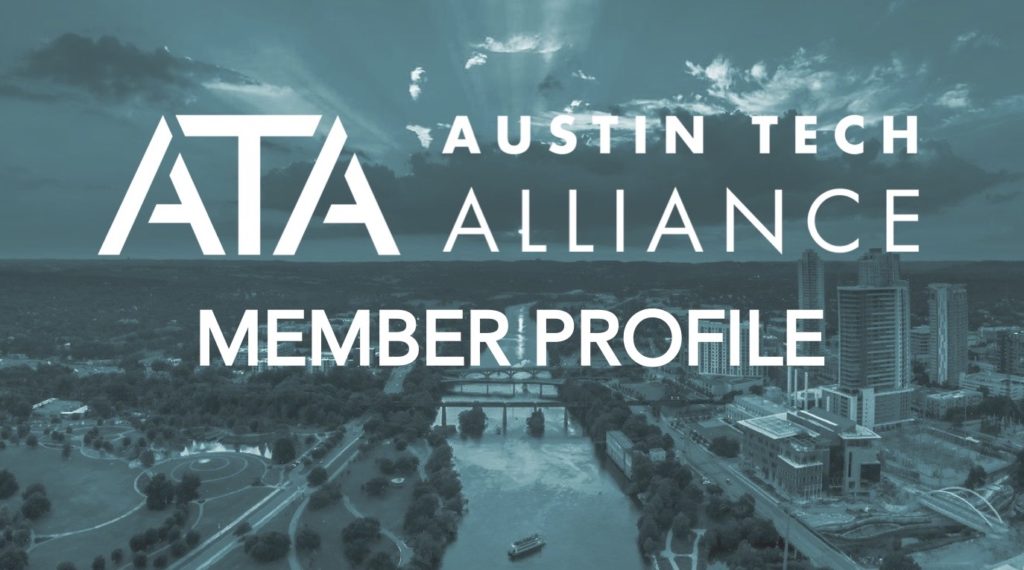In order to highlight Austin Tech Alliance’s growing membership of individuals who support our mission to promote civic engagement in Austin’s tech sector, this is a regular feature profiling members of ATA.
Up now: Joe Deshotel.
 Introduce yourself and where you work in Austin’s tech sector.
Introduce yourself and where you work in Austin’s tech sector.
My name is Joe Deshotel, and I’m originally from Beaumont, TX, but I immediately fell in love with Austin in the most cliche way possible – visiting for SXSW. My first trip here was in 1998, and I’ve called this city home since 2010.
Over the last several years I’ve transitioned from political operative and transportation technology evangelist to helping tech startups with their policy and business development. I currently serve as Regional Director of Business Development for the ride hailing company Fasten, and I’m especially passionate about the intersectionality of community engagement and the future of mobility.
What do you love about Austin?
Austin’s cool combo of live music and politics brought me here, but perhaps my favorite thing about Austin is the culture of supporting and rewarding creativity in all forms. I think it’s the perfect spot- a booming big city with a small town vibe that provides endless opportunities to grow right along with it. Austin is the place to be and the whole world knows it.
What do you think are the community’s biggest challenges?
The number one complaint may be traffic, but affordability is probably the biggest roadblock. The affordability crisis in Austin prevents equitable distribution of the many opportunities this city has to offer. The lack of affordability has also led to residential and commercial displacement, which further exacerbates our congestion problems.
The two issues are inextricably linked. We’ve ceremoniously embraced the idea of solving our mobility challenges through tech innovation, but a much more human-centered solution is necessary to ensure that we are pursuing an inclusive and diverse approach to solve Austin’s affordability challenges. Still, technology will play a major role, but instead of a new mobile application it could be new materials or automation that help bring down the price of development, or government partnering with private companies to deliver services more efficiently within a limited budget. A little creativity will go a long way to tie technology and inclusivity together for a uniquely Austin solution.
Why is it important for the tech community to become more civically engaged?
Unfortunately, many of our challenges are complicated further by politics and it’s not something that will simply go away if ignored. As new ideas and solutions emerge at the local level, state governments, particularly Texas’, have targeted local policies with preemptions or outright bans. Companies which self-select locations based on culture for headquartering, or otherwise doing business, are starting to take notice and even offense to policies that directly affect or target their customers and employees on a social and economic level.
Thanks to the internet, consumers feel more empowered to develop socially-conscious spending and usage habits which is putting a premium on how companies market themselves. That’s just the first step and for companies it’s reactive, not proactive. It’s great to support worthy causes or promote compassionate business practices but by becoming more civically-engaged, tech companies can help governments become more responsive to constituent needs. And, by leveraging their platforms they can accelerate positive change by breaking down barriers that have left many vulnerable populations feeling disconnected and uninspired. It doesn’t have to just be a marketing ploy or altruistic endeavor, when the status quo is met with competition and transparency, it could also boost the bottom line for truly innovative businesses.

